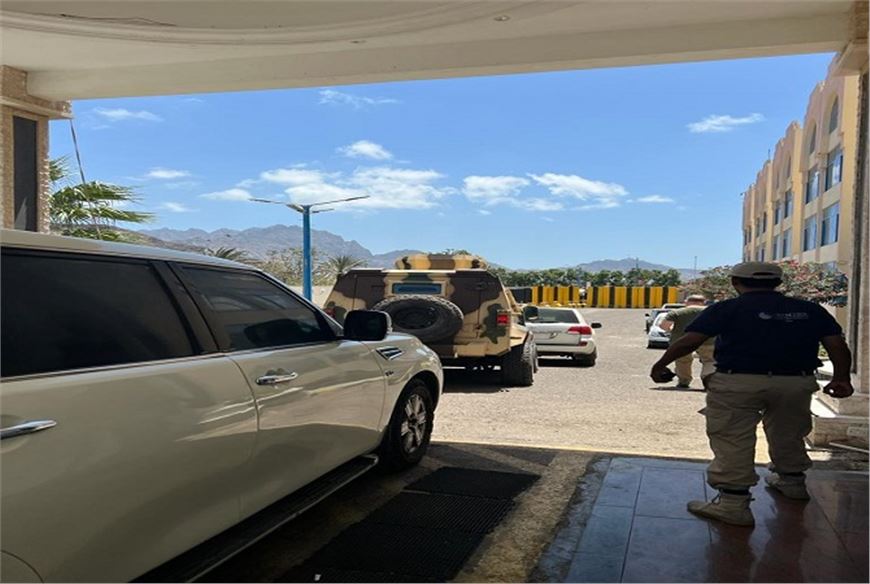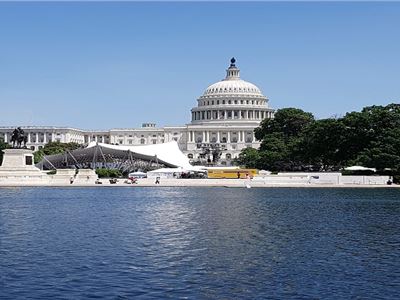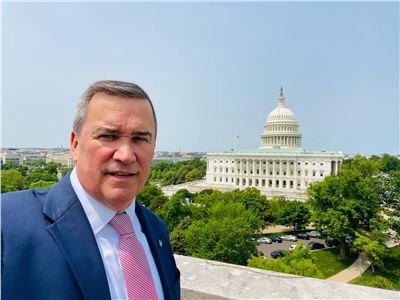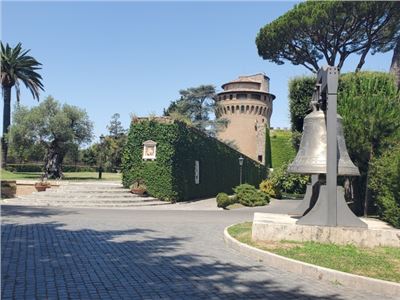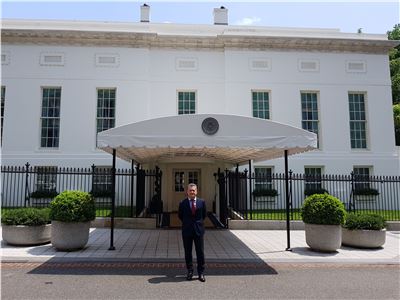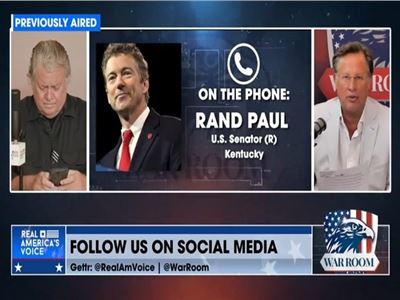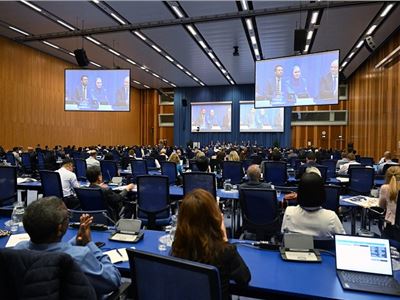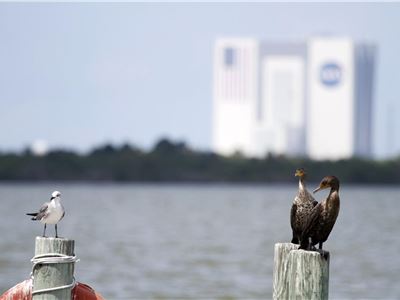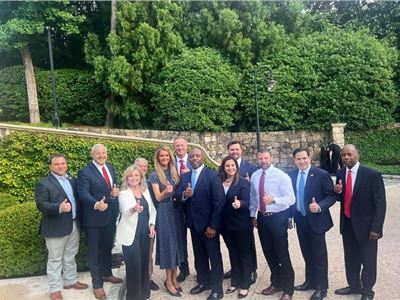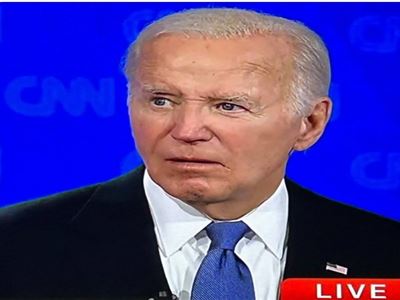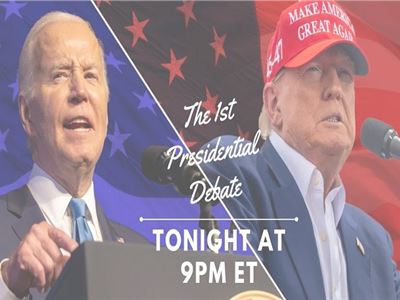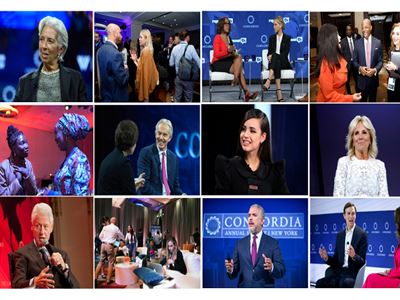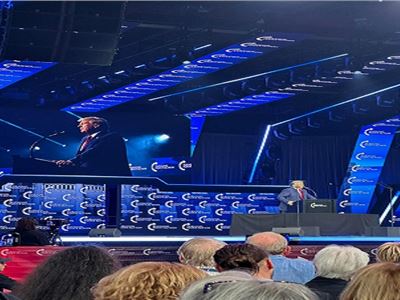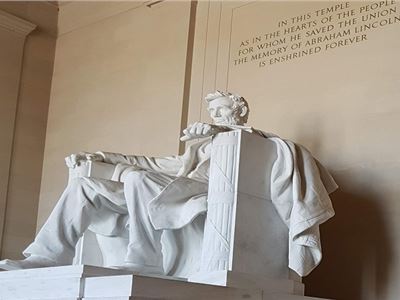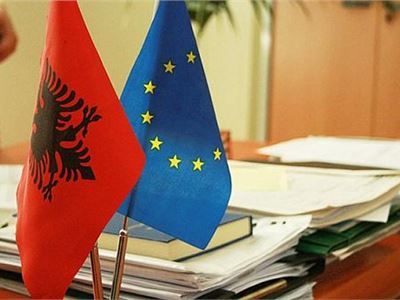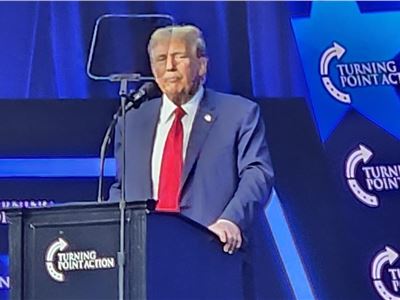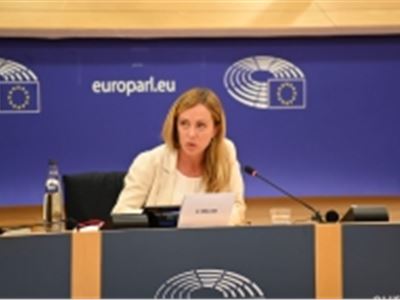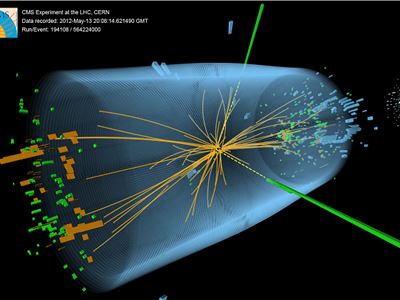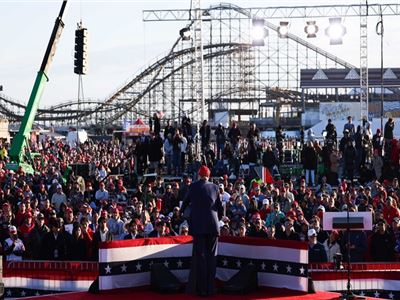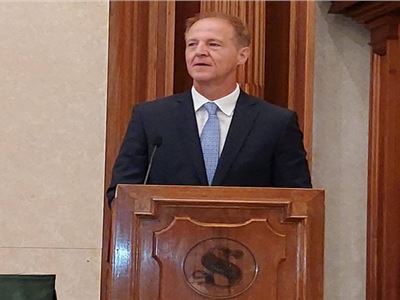The Joint Comprehensive Plan of Action (JCPOA), signed in 2015, was a pivotal moment in international diplomacy, aimed at curbing Iran's nuclear capabilities in exchange for lifting economic sanctions. Despite its intentions, the deal has failed to address broader security concerns, such as Iran's missile development and support for state-sponsored terrorism. This has had significant implications for regional stability, particularly affecting the dynamics with Israel.
The JCPOA allowed Iran to access approximately $100 billion in previously frozen assets. This influx of funds is believed to have strengthened Iran's support for adversarial groups like Hezbollah and the Houthi rebels, intensifying regional conflicts rather than promoting peace. The economic revival of Iran has thereby increased its influence in the Middle East, supporting entities like the Assad regime in Syria, and exacerbating geopolitical rifts, especially with Israel.
In 2018, President Donald Trump withdrew the United States from the JCPOA, critiquing it as a flawed deal that provided Iran with economic benefits without adequately securing long-term nuclear constraints. By reimposing sanctions, Trump aimed to renegotiate a more comprehensive agreement that included Iran's missile program and support for terrorism. This move was intended to recalibrate American foreign policy to align with the long-term security interests of the U.S. and its Middle Eastern allies, particularly Israel and Saudi Arabia.
The U.S. had strong ties with Iran under the rule of Shah Mohammad Reza Pahlavi, especially after World War II. The U.S. supported the Shah’s modernization policies and the security of Iran as a buffer against Soviet expansion in the region. Relations took a drastic turn following the 1979 Iranian Revolution, which saw the overthrow of the Shah and the establishment of the Islamic Republic under Ayatollah Khomeini. The U.S. Embassy hostage crisis, where 52 American diplomats and citizens were held hostage for 444 days, severely damaged relations. Throughout the 1980s and 1990s, tensions remained high with concerns over Iran’s support for terrorism, its opposition to the Israeli-Palestinian peace process, and its nuclear program. The U.S. imposed numerous sanctions during this period. Tensions escalated in the 2000s over Iran’s nuclear program, leading to international sanctions.
The triangular dynamics among the U.S., Syria, and Iran have often been influenced by broader regional conflicts, including the Israeli-Arab conflicts, the wars in Iraq, and the Syrian Civil War. Iran’s support for the Assad regime in Syria has been a major point of contention with the U.S., aligning U.S. policies towards Syria and Iran closely due to their mutual interests in the region. Overall, the history of U.S. relations with Syria and Iran is marked by periods of intense conflict and strategic cooperation, heavily influenced by broader geopolitical shifts and regional dynamics.
The current administration faces the complex task of avoiding escalating the situation in the Region into a larger conflict, possibly driven by religious divides, the Biden administration needs to:
Enhance Diplomatic Engagement: Encourage dialogue among Middle Eastern countries, continuing the efforts started under the Trump administration, and possibly utilizing platforms like the Arab League to address and resolve ongoing conflicts.
Secular Diplomacy Focus: Maintain a secular approach in diplomatic negotiations to prevent the war from broadening into a religious conflict, ensuring that solutions are based on political and security interests rather than religious ideologies.
Looking forward, it is crucial for the Biden administration to address these comprehensive security concerns to mitigate further conflicts and stabilize Middle Eastern politics. The actions taken now will shape U.S.-Iran relations and could potentially influence global peace and security, underscoring the need for a balanced and foresighted approach in dealing with Iran and the broader Middle East.
- Tags:
- Categories: Stars and Stripes


